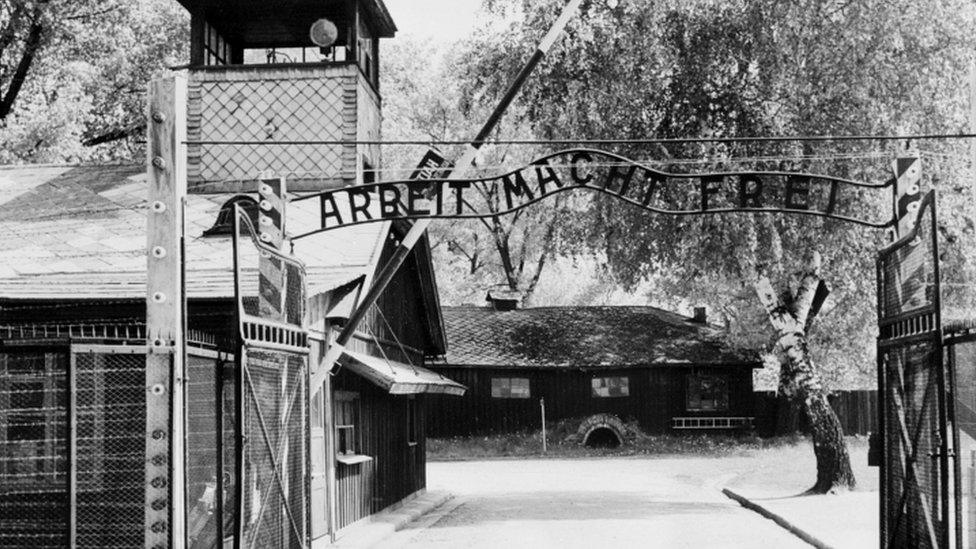Birmingham Holocaust survivor passes baton to next generation
- Published
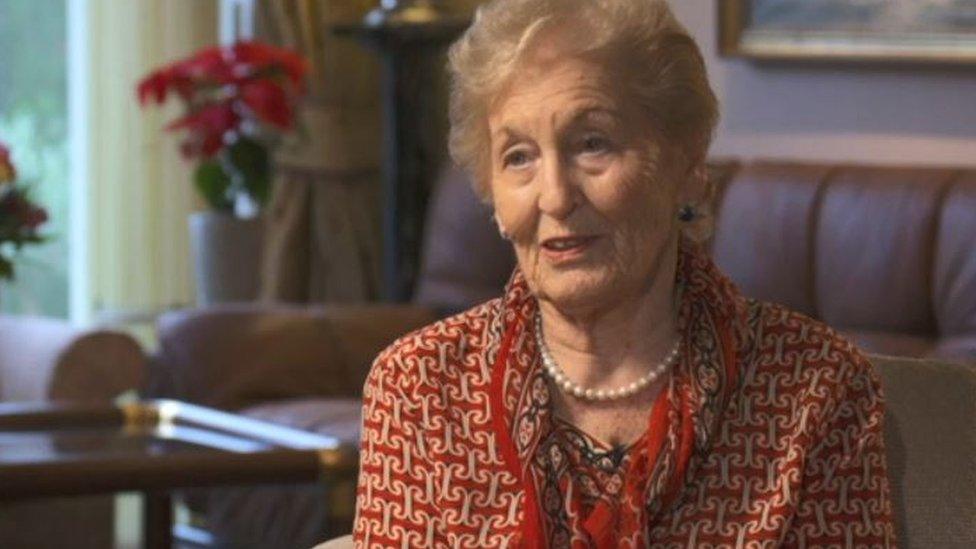
Mindu Hornick was recognised in the Queen's New Year Honours for her services to Holocaust education and commemoration
A woman who survived Auschwitz concentration camp says future generations must "take on the baton" of sharing survivors' stories.
Mindu Hornick, 90, who was born in Czechoslovakia and has been appointed an MBE, gives talks to young people urging them to be more tolerant.
She will be at an event on 26 February at the University of Birmingham discussing future Holocaust education.
Material advising how to teach about Nazi atrocities was launched on Monday.
Ms Hornick, from Birmingham, was recognised in the Queen's New Year Honours for her services to Holocaust commemoration.
"I cannot stress more that education is so important to us. I feel it's worth the effort, what these children take on board," she said.
She estimates she has visited hundreds of schools and colleges over the past two decades, although it is not always easy for her to recount her story.
"Those of us who are alive are so disturbed we try not to look back. We try to look forward. Those of us who are still here we've realised we have to talk," she said.
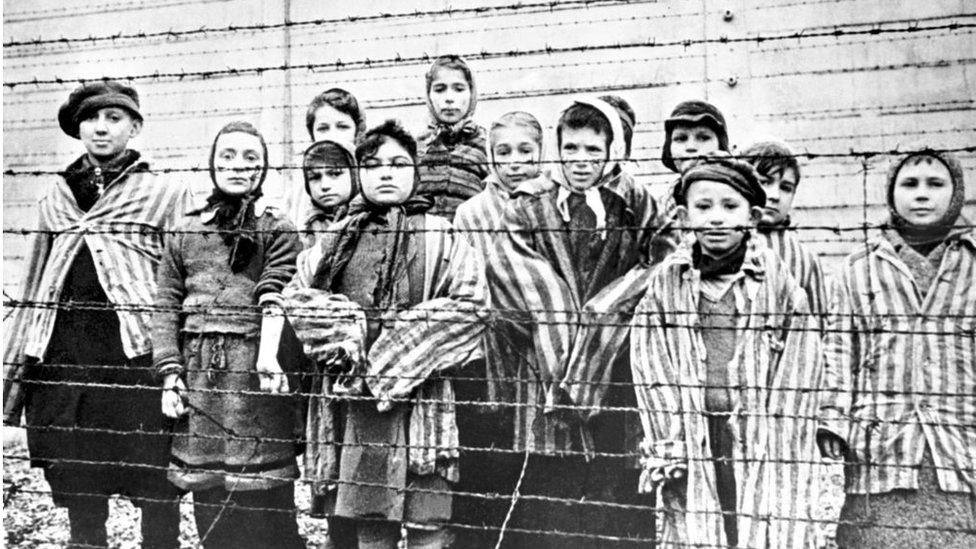
A group of child survivors behind a barbed wire fence at the Nazi concentration camp at Auschwitz
Ms Mindu was nearly 13 when she was taken with her mother, sister and two younger brothers to Auschwitz.
She went back to visit the concentration camp a few years ago.
"I felt drained when I got home. It was in a way surreal, to think that I have come out of this hell - it was literally hell," she added.
Ms Hornick says she is fearful about the rise of anti-Semitism, especially the possible impact on her grandchildren, who want to continue to share her story.
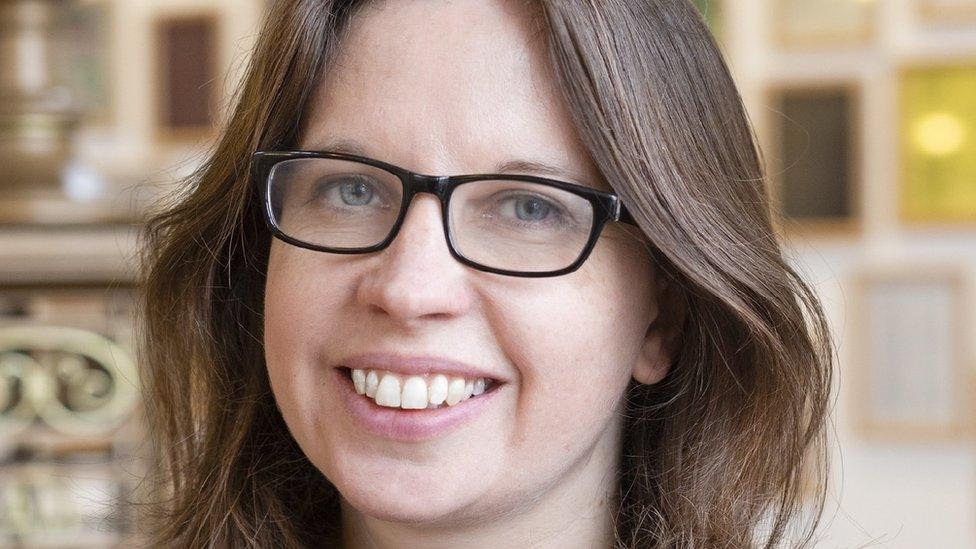
Prof Sara Jones believes hearing a survivor speak is a "powerful" way of educating young people
Prof Sara Jones, from the University of Birmingham, has been involved in developing the new Holocaust teaching material for secondary schools.
She said approaches include the use of testimonies, holograms of survivors and children of survivors giving their second-hand accounts.
In the USA, holograms have already been developed to record holocaust survivors' stories, external - many of whom like Ms Hornick are in their 90s- and to some extent even allow visitors to interact with them.
The new teaching resources follow two years of work, which has been supported by the Arts and Humanities Research Council.
It has involved the University of Birmingham, the University of Nottingham, the Holocaust Educational Trust, the Holocaust Memorial Day Trust and The National Holocaust Centre and Museum.

Follow BBC West Midlands on Facebook, external, on Twitter, external, and sign up for local news updates direct to your phone, external.
- Published27 January 2020
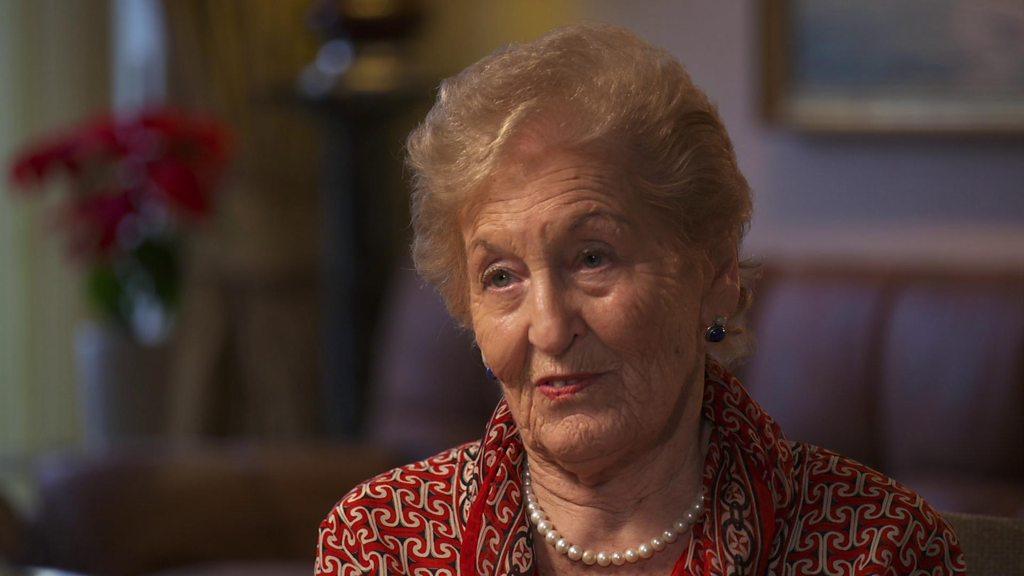
- Published23 January 2020
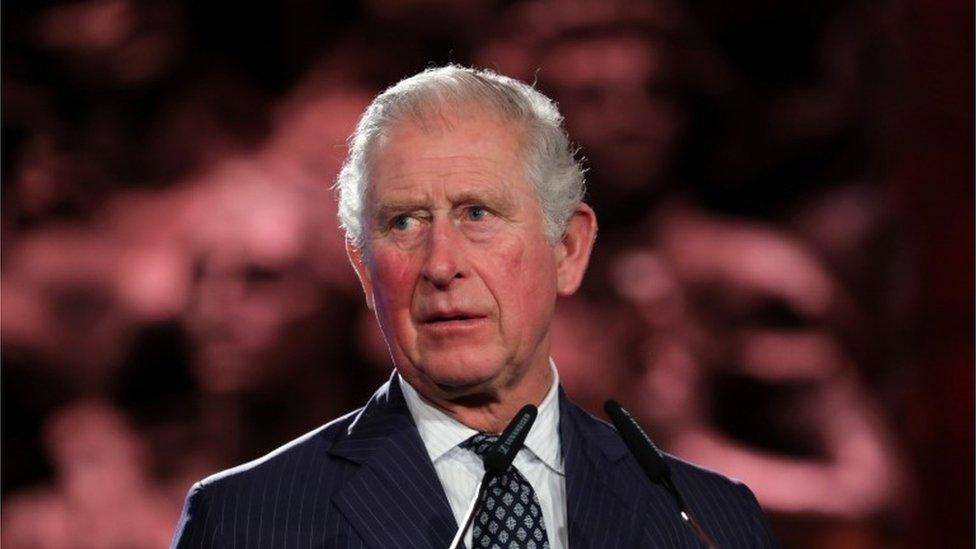
- Published27 January
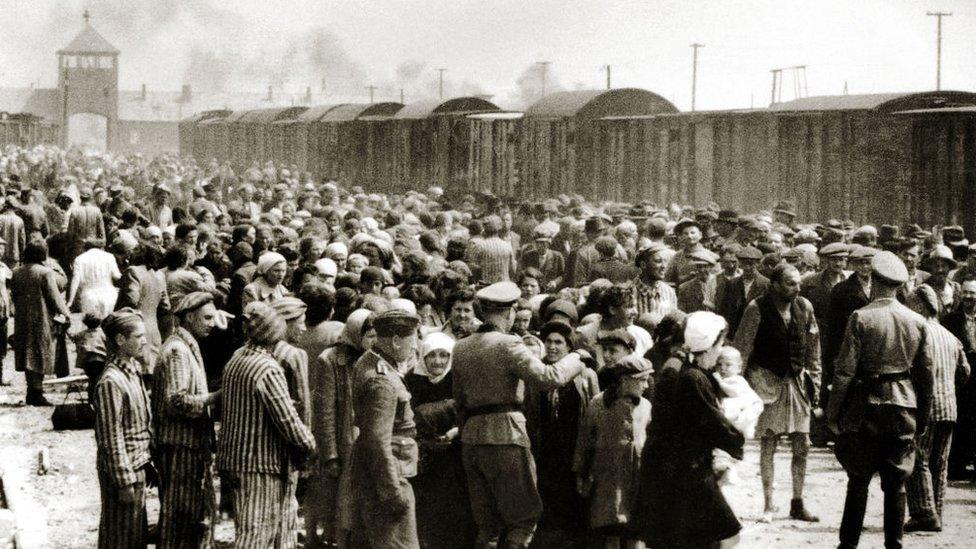
- Published27 December 2019
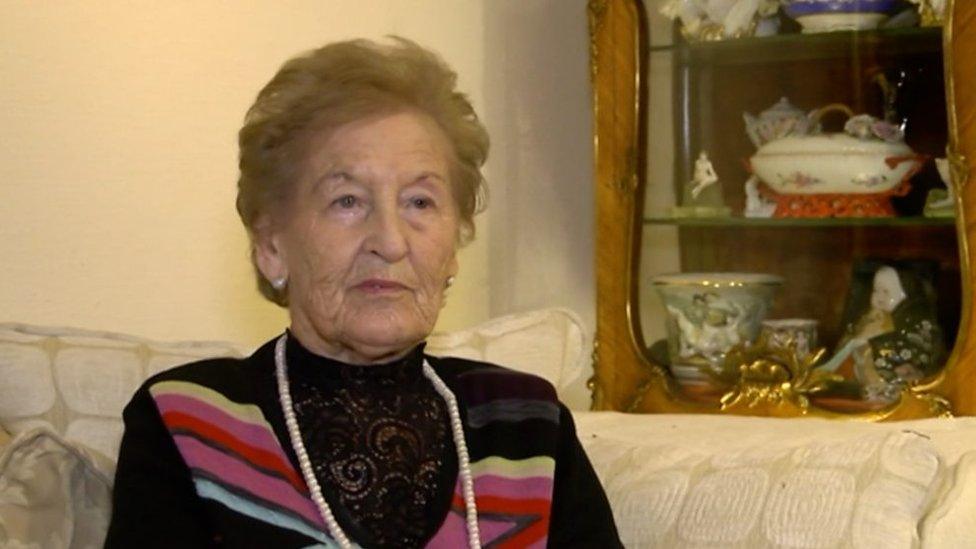
- Published23 June 2018
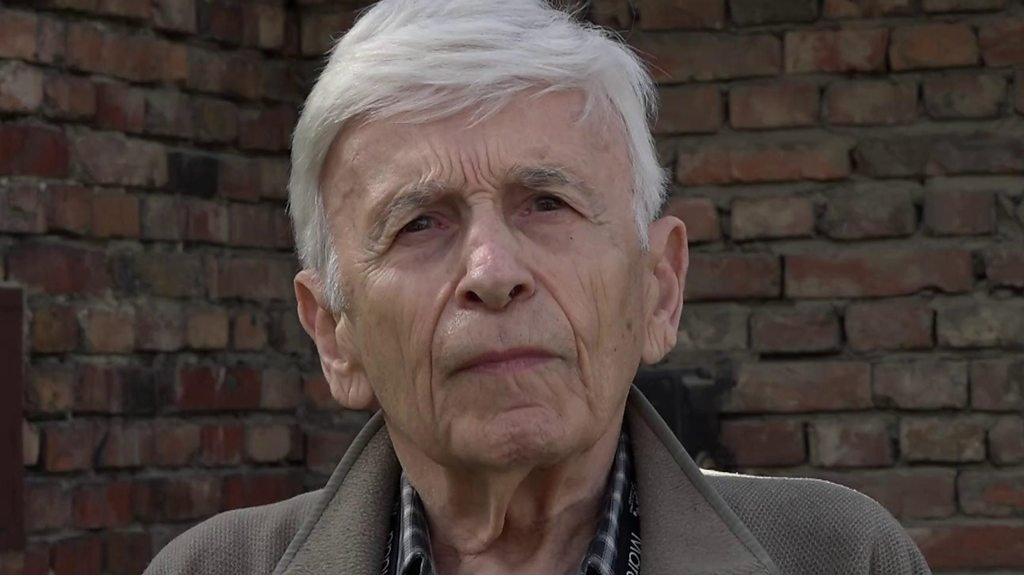
- Published19 April 2018
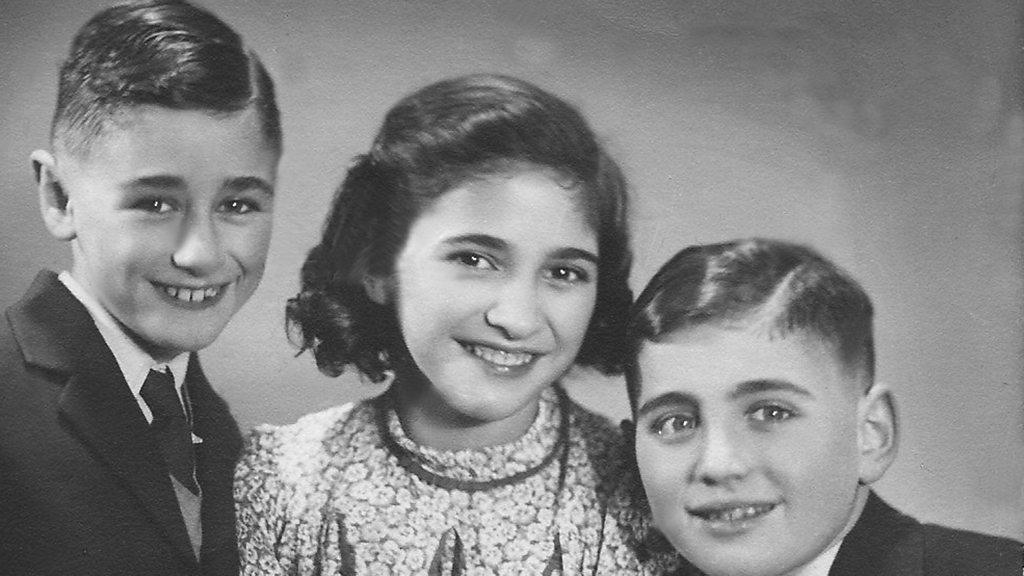
- Published24 January 2016
